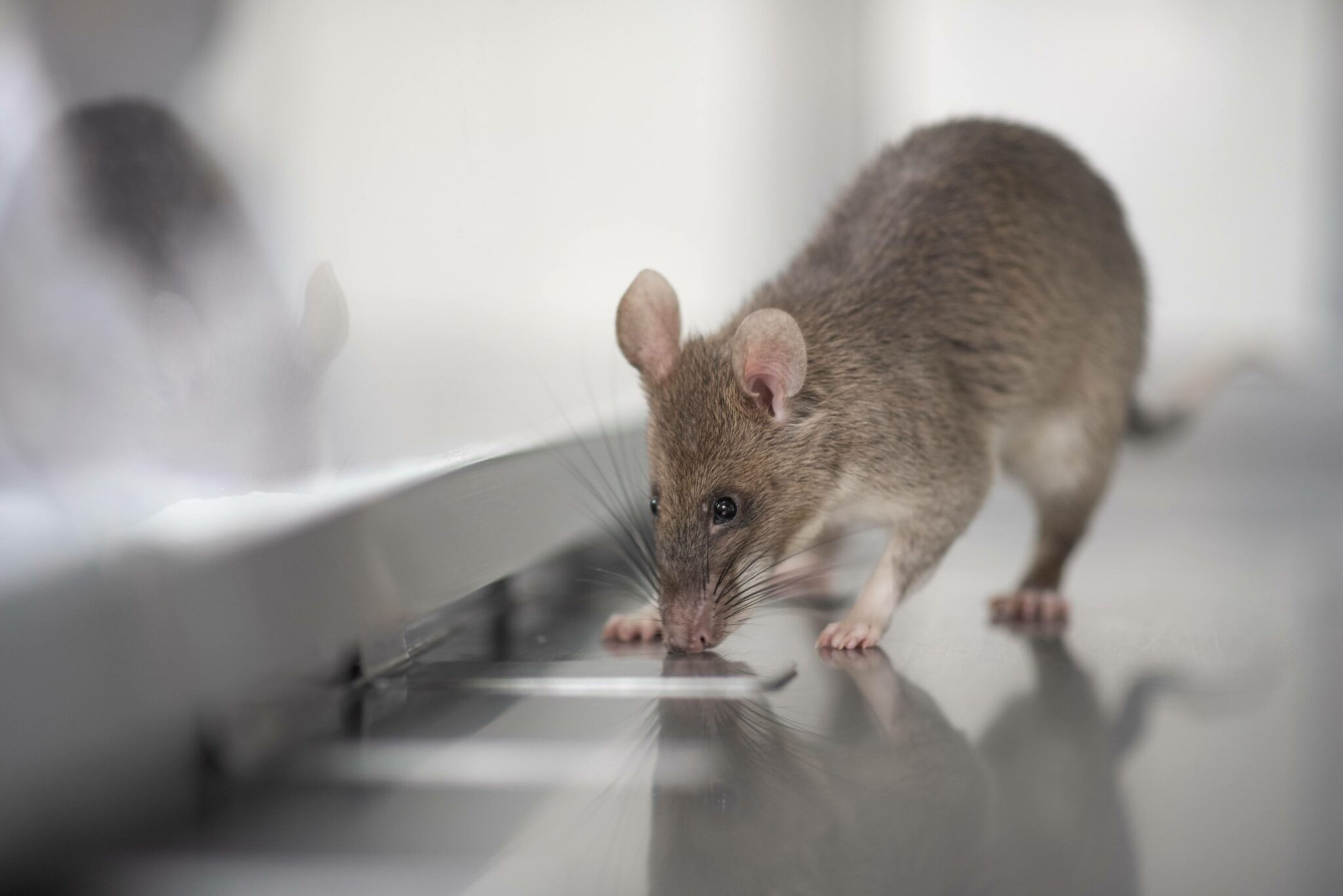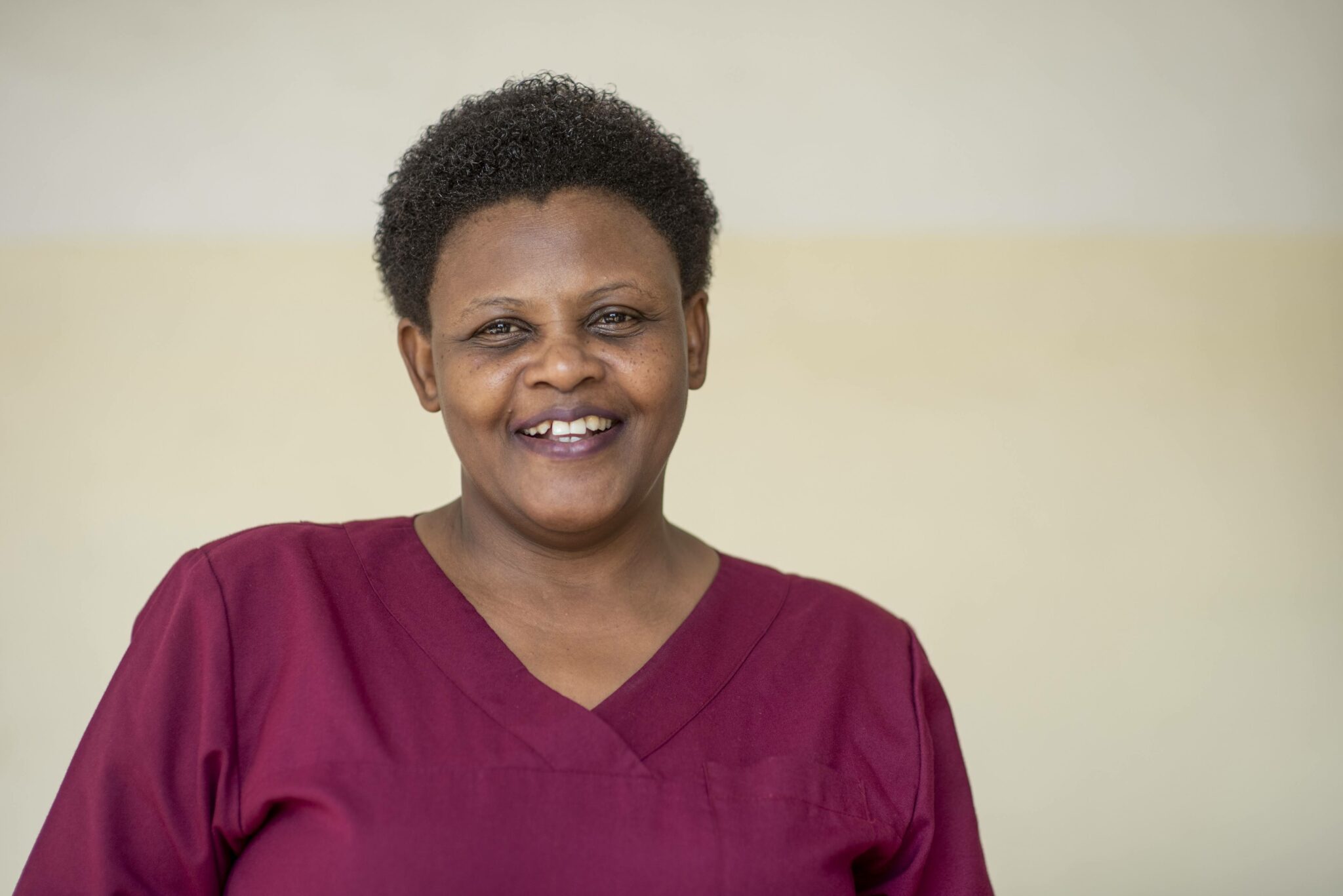Clinician treats TB-patients in the DOTS center of APOPO’s partner clinic in Dar es Salaam.
“My name is Dr. Amina, and I am 46 years old. I have a diploma in clinical medicine and have dedicated my career to helping patients in the tuberculosis (TB) department. I initially began working as a clinician at the Outpatient Department (OPD), but in 2010, I shifted my focus to the DOTS center.
A DOTS (Directly Observed Treatment, Short-course) center is a specialized healthcare facility that focuses on the diagnosis and treatment of TB. It follows a specific strategy recommended by the World Health Organization (WHO) to effectively manage TB cases. In a DOTS center, patients with TB receive their medication directly observed by a healthcare worker such as me to ensure they take their treatment correctly. The treatment is short-term and consists of a combination of antibiotics.
My decision to work in the DOTS center was driven by the desire to assist the people of Dar es Salaam. This city continues to grow and faces a shortage of health workers. Many patients do not come in for TB testing, many self-medicate for malaria or try home remedies. As a result, TB spreads easily in the city and has become a significant problem.
In our center, I typically attend to between 15 and 30 patients a day. Additionally, we screen around 15 new sputum samples a week. Although we have a GeneXpert machine, the center currently lacks the resources to fully utilize it. Instead, we still screen sputum using smear microscopy. I am grateful to APOPO for their support of the clinic. In collaboration with them, we collect two sputum samples from each patient, one we test ourselves and one is sent to APOPO where rats screen the heat-inactivated samples using their sense of smell. One rat efficiently screens 100 samples in just 20 minutes! All rat positives are confirmed by APOPO in their lab before they notify us of any newly diagnosed patients.

Our center maintains a positive working relationship with APOPO. Identifying and treating patients is crucial for curing the disease, and APOPO plays a vital role in this process. APOPO raises case detection rates in partner clinics like ours and the more patients we can get on treatment the less the disease will spread.
Initially, it was difficult to believe that rats could contribute to a medical diagnosis. I had the opportunity to visit APOPO and witness firsthand how the rats work, and I was amazed. After witnessing their remarkable abilities and experiencing the positive results that have saved many lives, I now understand their invaluable work. We deeply appreciate APOPO and the rats and consider them true partners in the fight against TB.”

